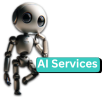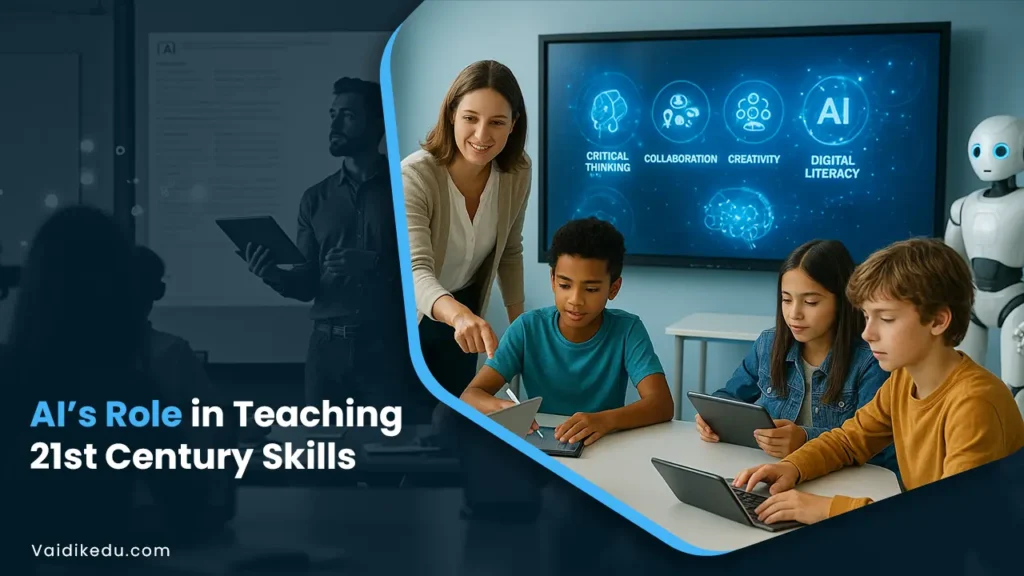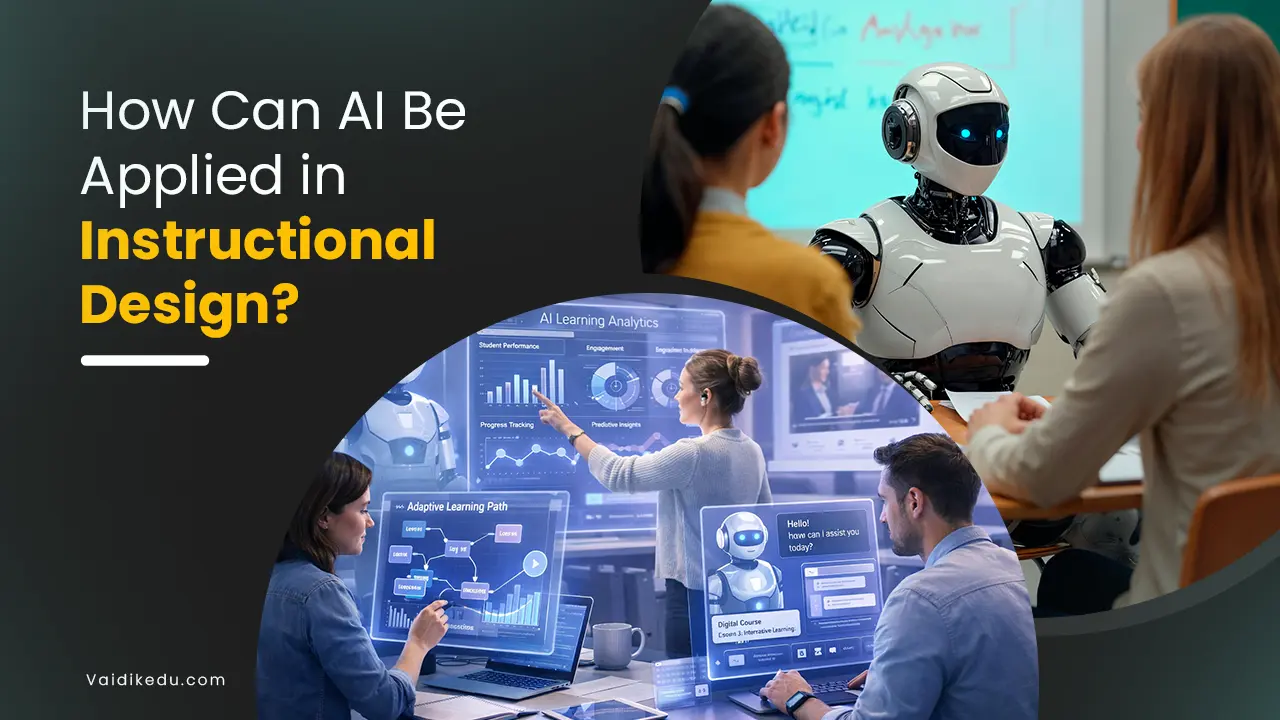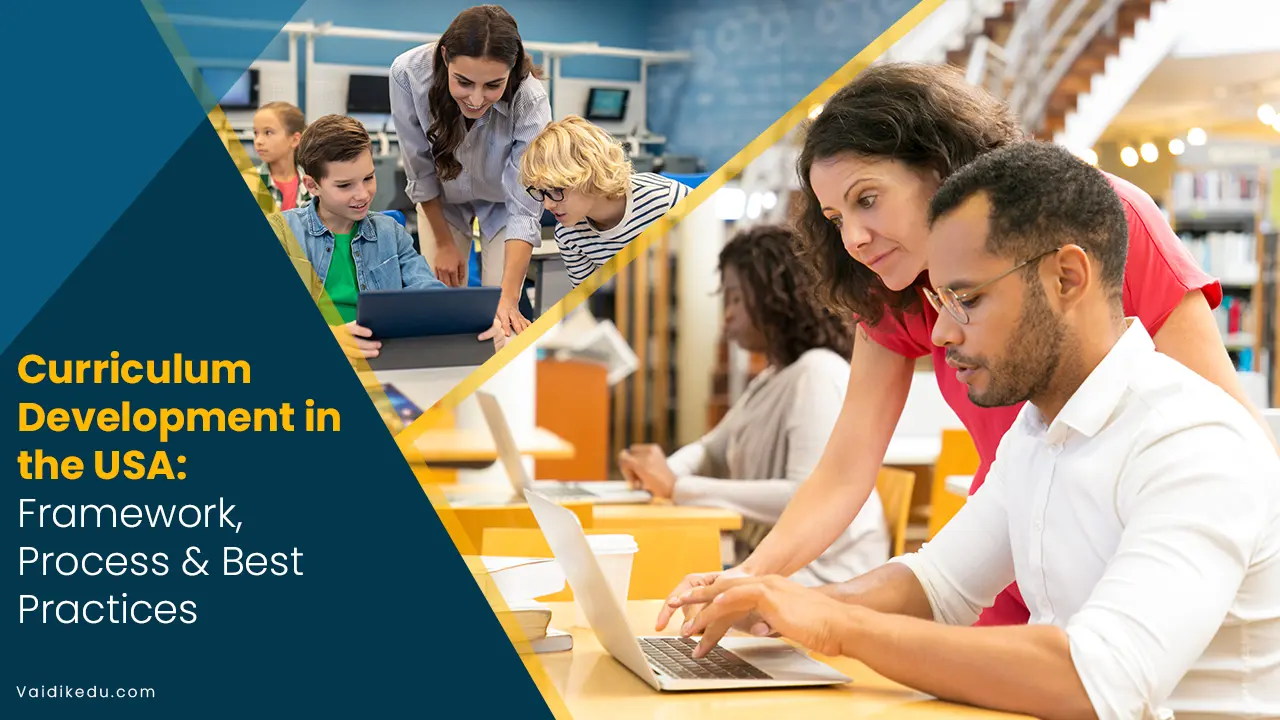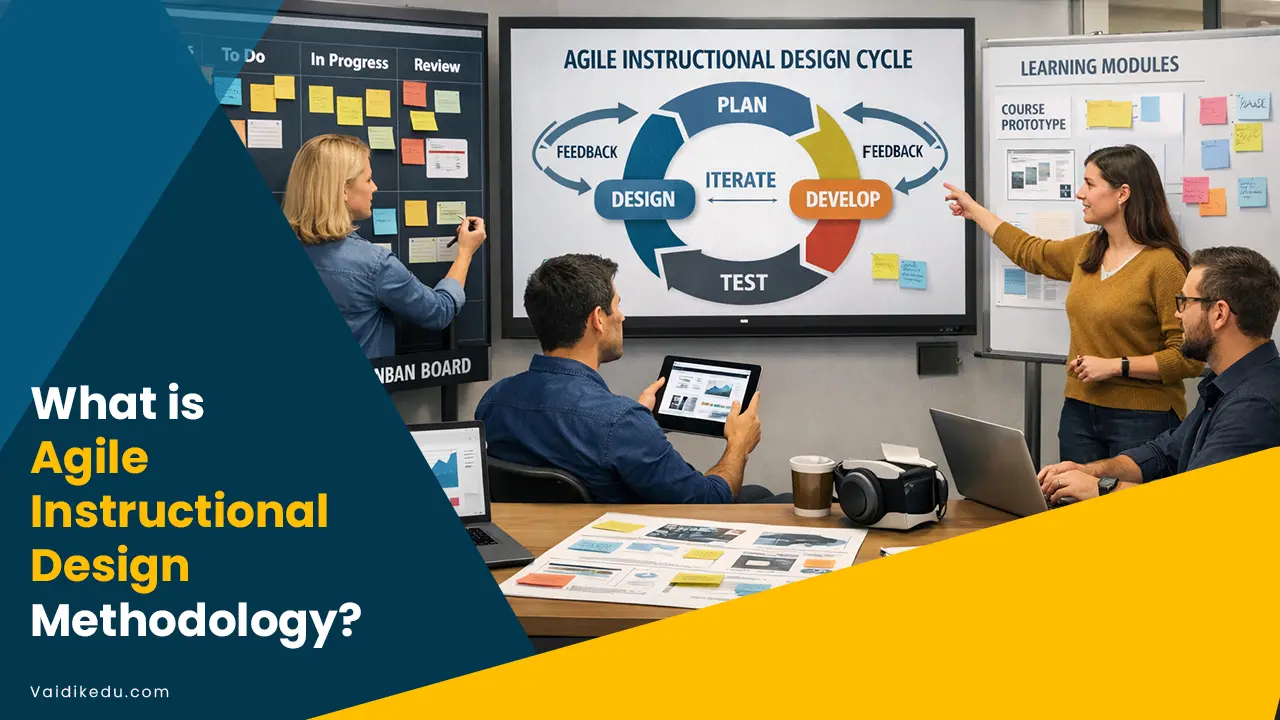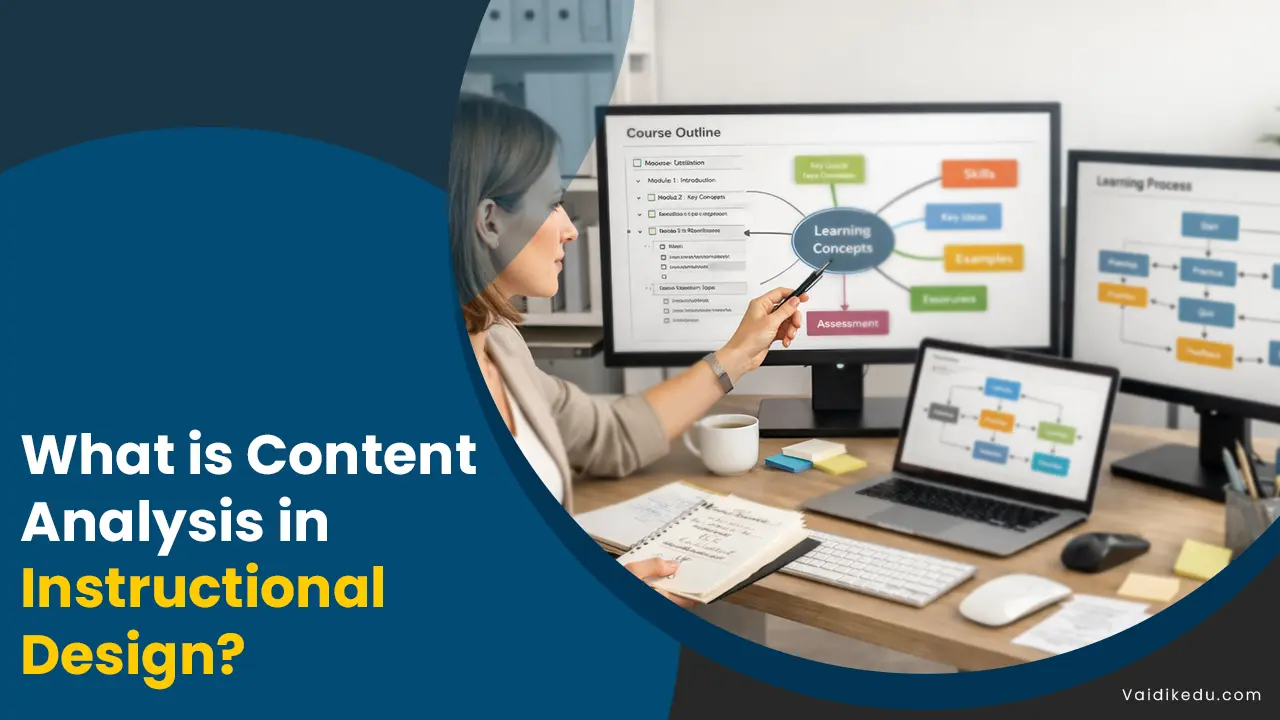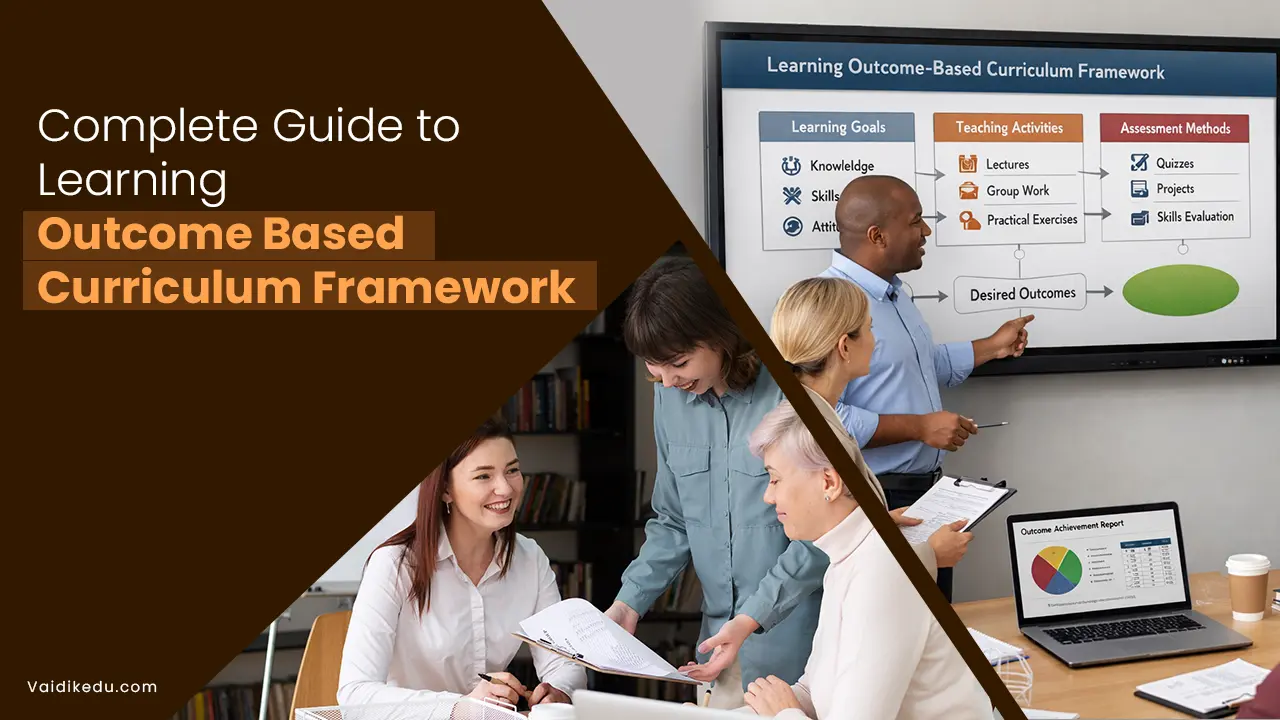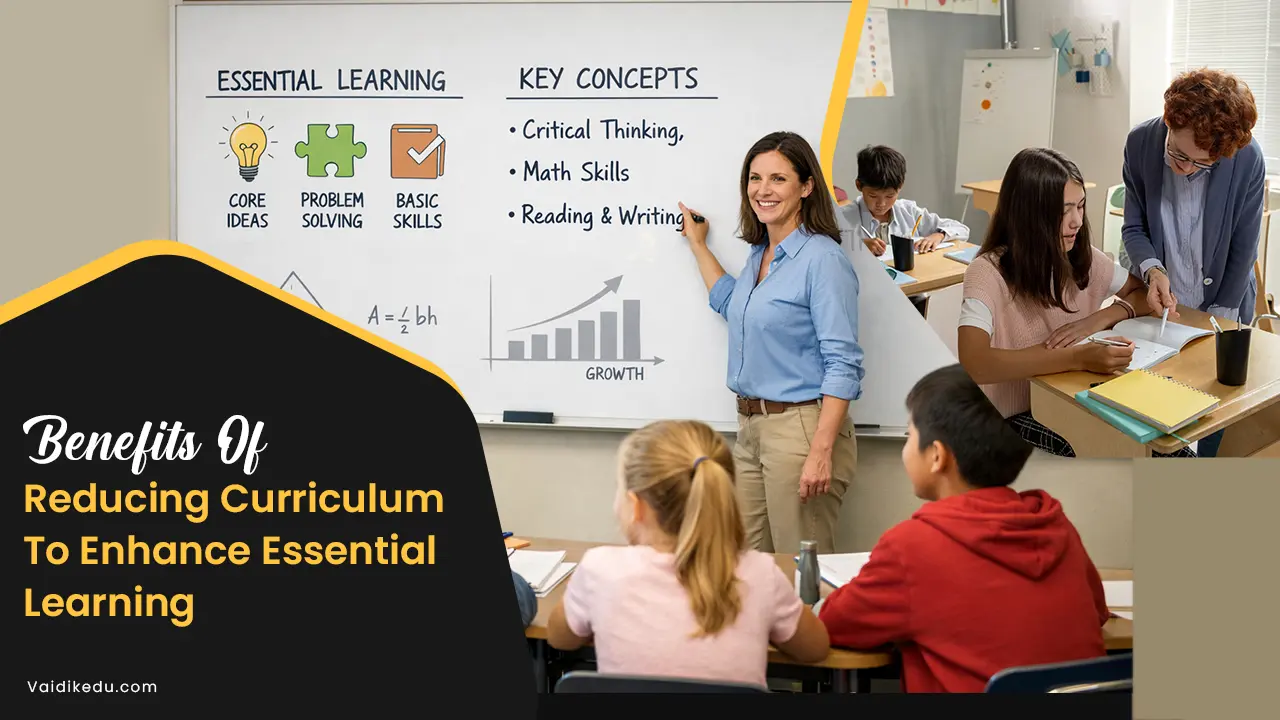The beginning of the 21st Century has brought massive technological advancement in the development of Artificial Intelligence tools. This new phase of revolution is part of the 5th Industrial Revolution which hovers around the interaction between humans and machines.
Artificial Intelligence can play a vital role in the education/edtech industry as it can completely transform the traditional way of teaching and help in learning new skills.
There are various Artificial Intelligence Tools, that can help in the teaching of 21st-century skills that include:-
- Learning Skills – Self-learning, Decision-making Skills, critical thinking, Creativity, and Collaboration.
- Literacy Skills – Data Literacy, Technology Literacy, Media Literacy.
- Life Skills – Flexibility, Leadership Skills, Productivity, Social Skills.
Role OF AI Towards 21ST Century Skills
Learning Skills
(a) Self-Learning – One of the most important contributions of AI in teaching is to provide self-learning experiences. Every individual student has a different level of understanding, a different pace of learning, so Artificial Intelligence can be used to suit each individual aspect of learning for students.
For example- Artificial Intelligence can help students in solving a particular subject-related problem involving long calculations and deeper concepts with a certain level of accuracy. It can also create sample problems and analyze the responses given by the students’ thus providing valuable insight.
(b) Decision-making Skills – Artificial Intelligence tools are used by corporations or big business houses to make informative decisions and make future predictions related to their business.
For example – Artificial Intelligence can help in analyzing the quarterly results of the company and use that data to provide information on the segments that are lacking or falling behind thus affecting the overall growth of the company.
(c) Critical Thinking – Artificial Intelligence can help the student by providing simulations of problems thus helping them have deeper insight into real scenarios. This reason-based learning helps in the overall development of the student. AI Tools like Sim City provide problems to solve thus improving critical thinking.
(d) Creativity – Today the world is more globalized than ever before. In this rapidly changing world, the creation of new and innovative ideas is the need of the time. Thus, Artificial Intelligence can be used to create uncertain scenarios and models that can be used to study and prepare for real-world complexities.
(e) Collaboration – AI tools can enable students to work together on projects and communicate effectively.
For example, several platforms like Google Workspace and Microsoft Teams utilize AI to foster collaboration by providing AI driven insights, real-time editing, and project management features. Such tools not only streamline group work but also help students develop important skills in cooperation, negotiation, and conflict resolution that are necessary for their career growth.
Literacy Skills
(a) Data Literacy – The AI tools can help students improve data extraction, which is useful for students doing research and development in various fields.
(b) Technology Literacy – Technology is a key aspect of human lives. It impacts every section of society. Therefore, it becomes more important for students to learn this skill.AI can help students in learning new programming and coding languages thus making students job-ready.
AI tools can be used by students to learn cyber security and how to make use of the internet safe and to protect against any cyber crime and cybertheft.
(c) Media Literacy – There are several AI Tools that can be helpful for students to work on five pillars of media literacy which are to access, analyze, create, reflect, and act.
For example, there are several AI-driven platforms that are used to create presentations, infographics, and videos for online platforms.
Life Skills
(a) Flexibility – AI tools can be used in business to learn different scenarios to make people more adaptive and to adjust to new circumstances.
(b) Social Skills – It involves effective communication and interpersonal skills.In education, students can take help to prepare for their job interviews.
(c) Productivity – AI Tools like Grammarly can help individuals analyze their writing skills and suggest improvement therefore increasing their productivity.
(d) Leadership Skills – It involves communication skills, motivating team members, emotional intelligence, and problem-solving. AI tools like Speechify are used by individuals to practice their speaking skills, improve their vocabulary, and thus overall development of their leadership skills of which good communication is a prerequisite.
Challenges And Concern
While the potential of AI in education is significant, it is essential to consider the challenges and ethical implications associated with its use. Issues related to data privacy, equity of access, and the risk of over-dependence on technology needs to be addressed.
1. Data Privacy – The AI tools have a collection of a large number of student data and that raises concerns about privacy and security. Educators and institutions must prioritize protecting student information and ensure responsible use of data.
2. Accessibility – Digital Literacy plays a vital role in access to digital tools. Those sections of society that do not have access to technology can fall behind in learning new skills. Thus creating a skill gap. Therefore it is crucial to provide support to ensure that everyone can benefit from AI-based learning.
3. Excessive Dependence on Technology – While AI can offer valuable support, it is important not to overlook the role of human educators. Teachers have different levels of compassion, creativity, and bring reasonable skills that cannot be replaced by any machine or artificial tools. Thus the role of AI is to act. The ideal approach is to use AI as a complementary tool that enhances, rather than replaces, traditional teaching methods.
Conclusion
Artificial Intelligence has tremendous potential to revolutionize learning in education/ed tech by enhancing the teaching of 21st-century skills. Through adaptive assessments, collaborative tools, and data-driven insights, AI prepares students for the complexities of modern life and the future workforce.
By contributing in self-learning, critical thinking, and decision-making skills Artificial Intelligence equips students with the skills they need to thrive in a rapidly changing world.
However, to fully realize the potential benefits of AI, it is necessary to address the challenges and concerns associated with its use and make sure that every section of society has equitable access to these transformative tools.
By embracing AI thoughtfully and ethically, educators can create a learning environment that fosters innovation, creativity, and lifelong learning.
Frequently Asked Questions
It includes Learning Skills (Critical Thinking, Creative Thinking), Literacy skills (Data Literacy, Media Literacy), and Life Skills (Social Skills, Productivity).
Traditional skills emphasize focusing on individual effort, subject knowledge, and memorization of theories and concepts while 21st Century skill teaches to focus more on the practical aspect of knowledge, and teamwork over individual efforts, learning through in hand experience through simulation and lab work.
Yes, AI makes a significant contribution to teaching these skills in way of self-learning, outcome-based learning, feedback mechanisms, simulations, etc.

